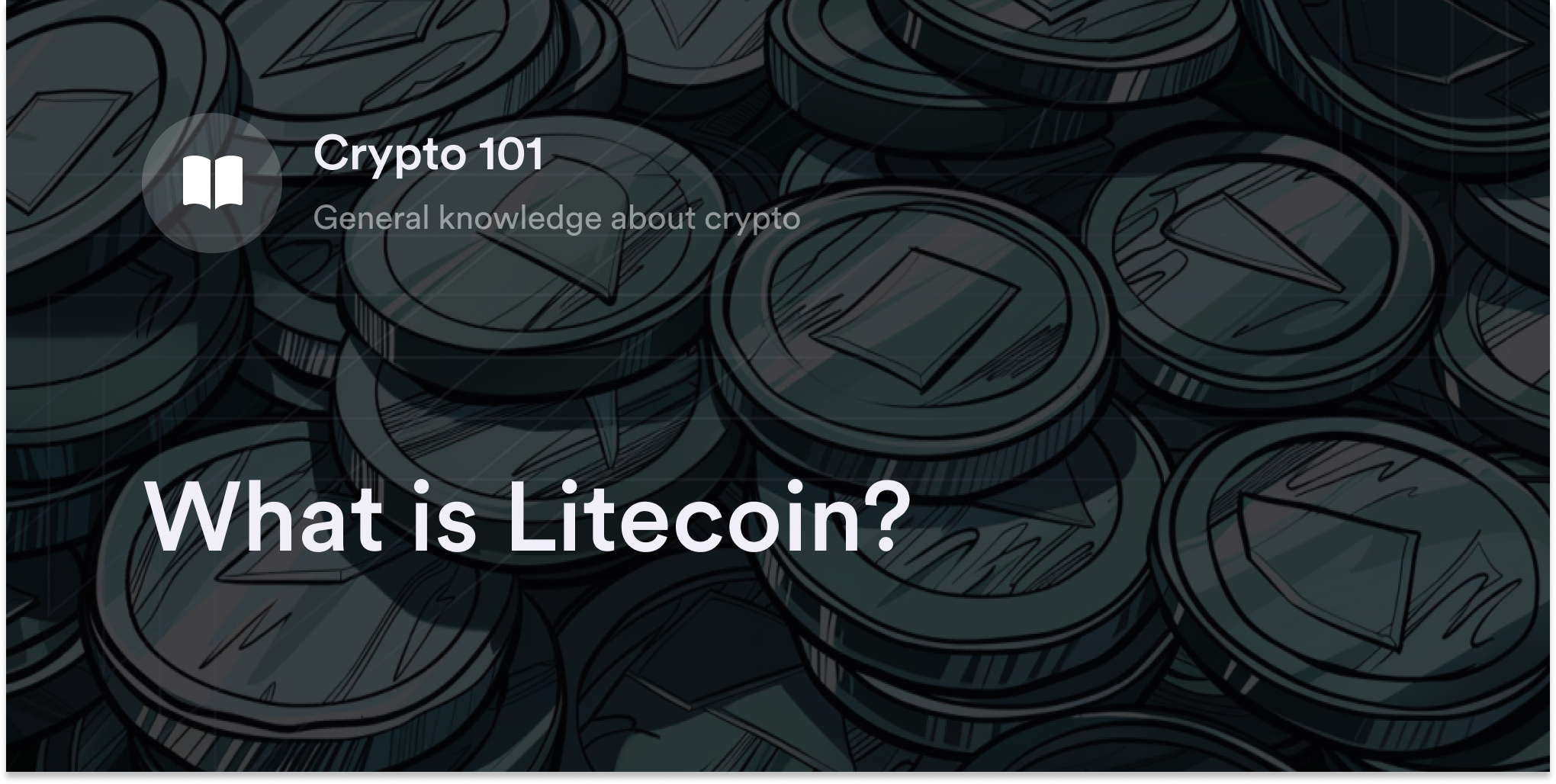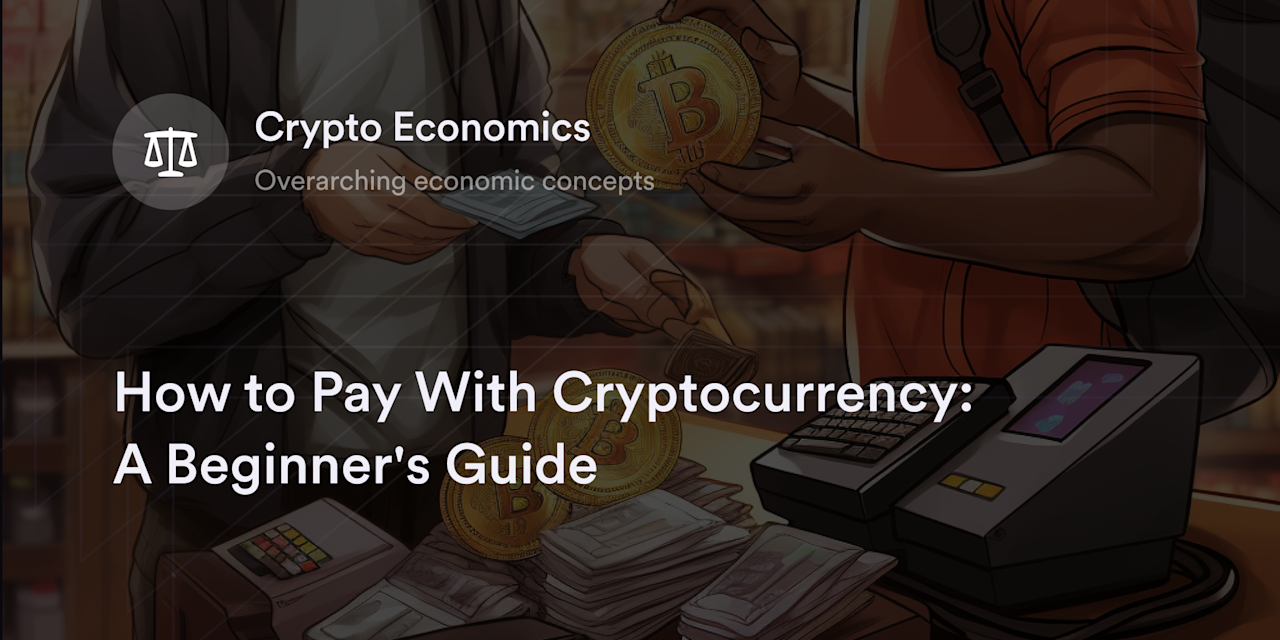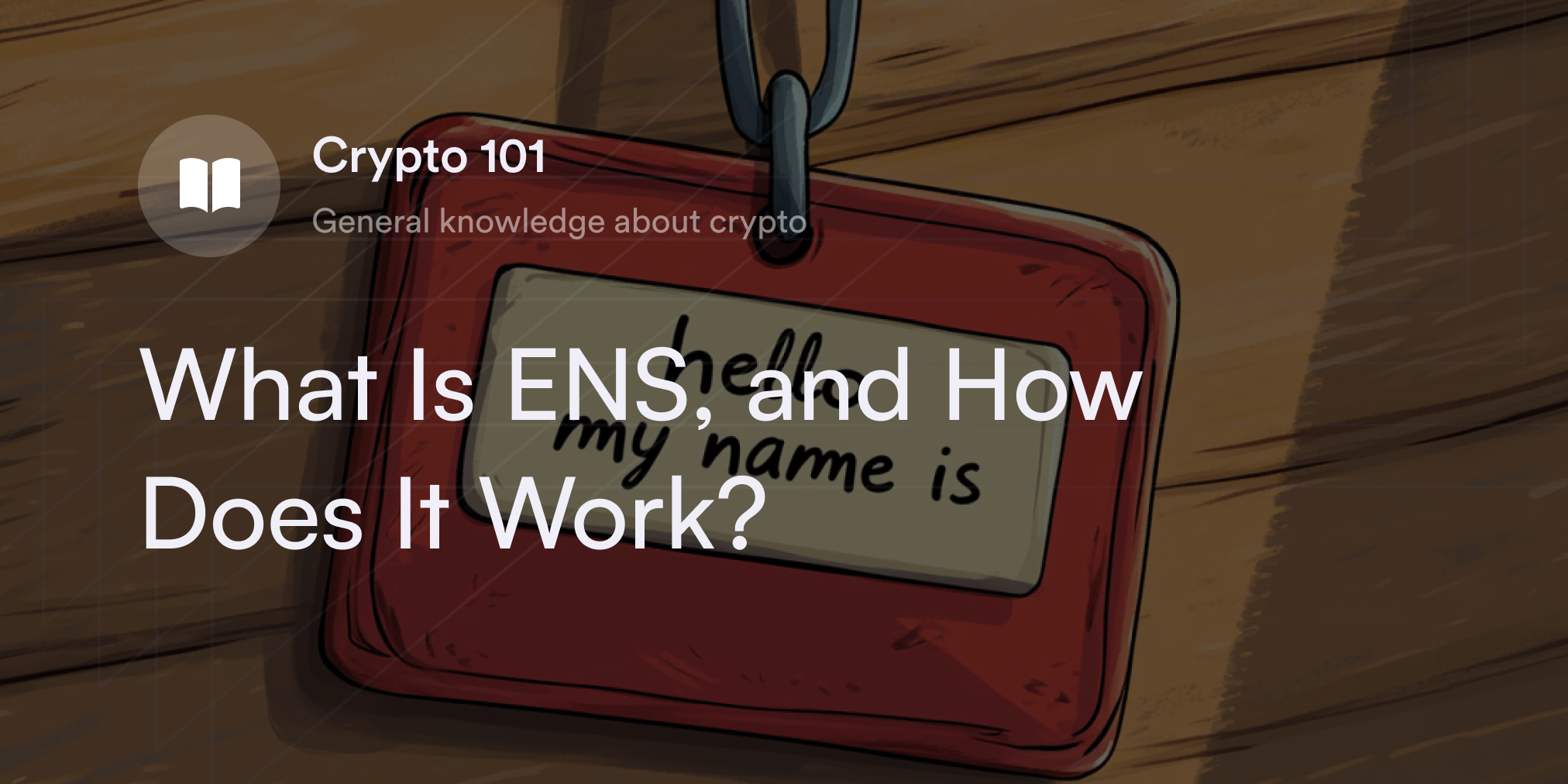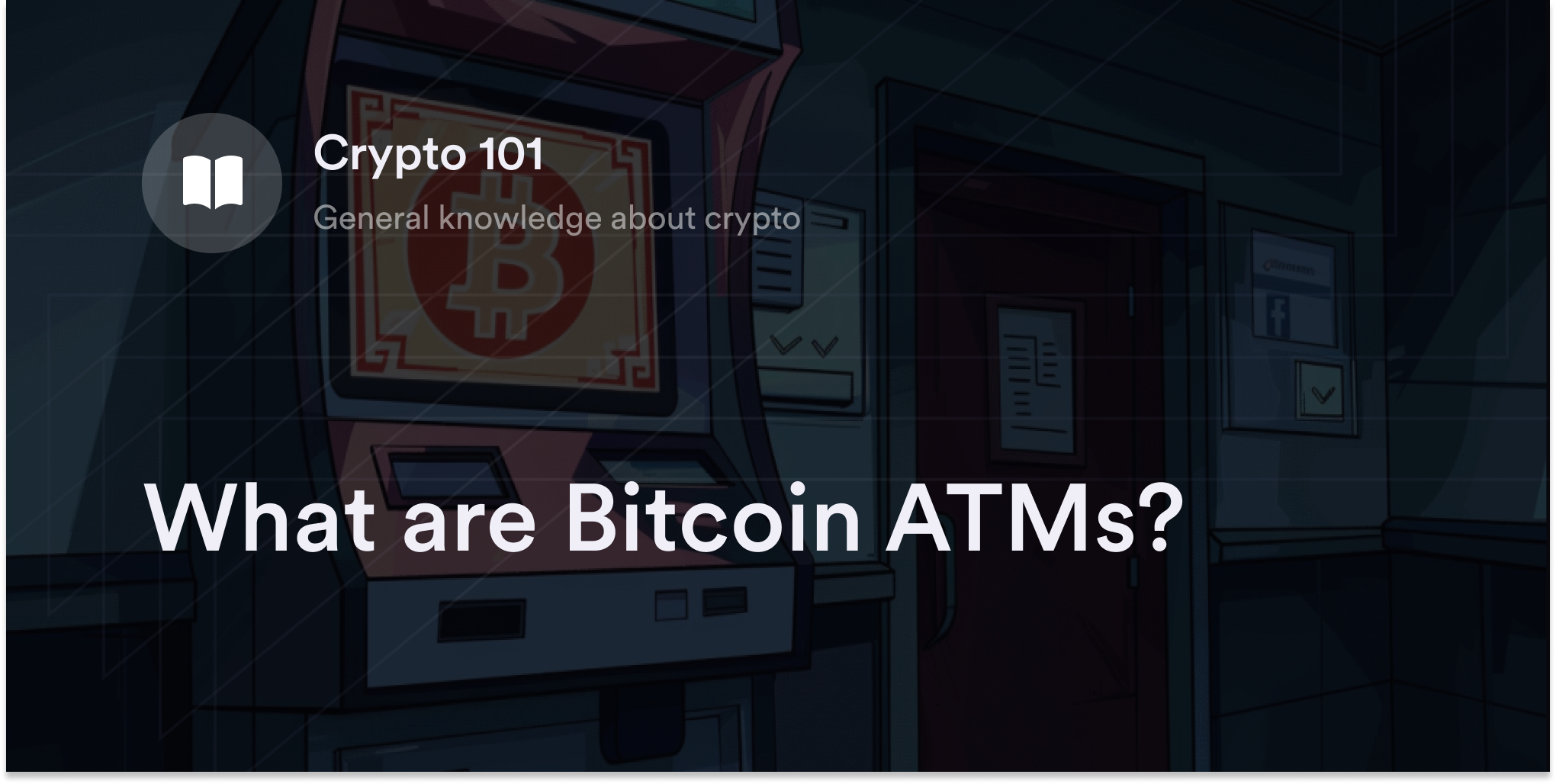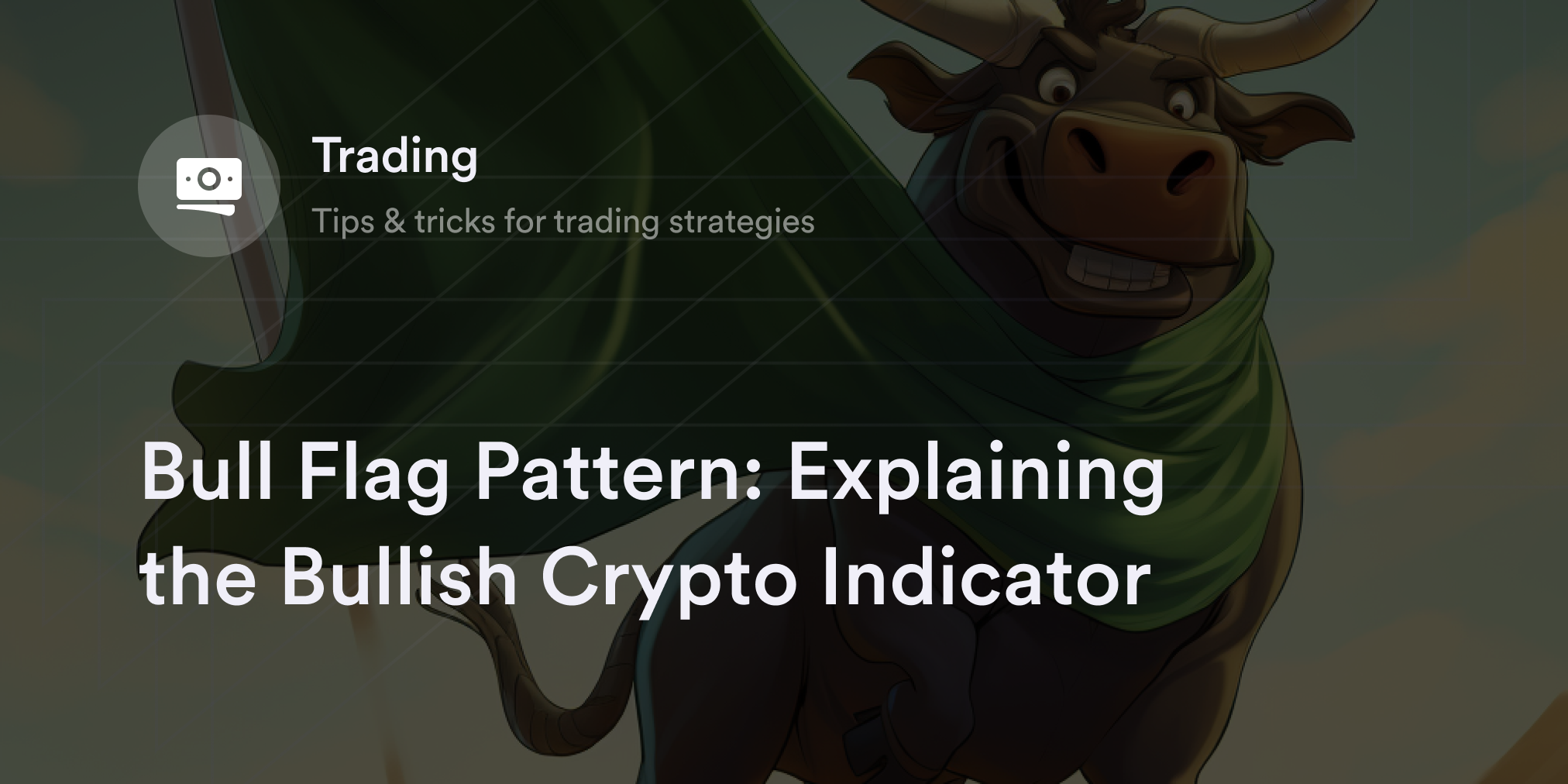


The seasoned crypto community uses a unique vocabulary to discuss cryptocurrencies. It’s difficult enough to understand the countless complex technologies (such as blockchains) and experimental protocols, but add in all the crypto lingo on social media platforms, and it's easy to see why new traders feel frustrated when researching digital currencies.
At the start, studying crypto terminology may feel like learning a foreign language, but if you plan to trade digital currencies you should familiarize yourself with basic definitions. Understanding crypto jargon will help you successfully navigate the digital asset market.
Why bother learning crypto terms?
Remember when you first traded stocks? You probably didn’t invest in a company without studying how the stock for that works. An experienced investor would have also investigated the company’s financials, including quarter-over-quarter or year-over-year growth. Similarly, understanding crypto jargon, as well as the company or organization that issued the crypto, is essential before buying assets such as Bitcoin (BTC) or Ethereum (ETH). Here are a few phrases to learn:
Crypto scams: Because cryptocurrencies aren't as strictly regulated as traditional assets such as stocks, scammers often target the crypto market. It’s important to spot red flags associated with potential sham projects, such as unrealistic and sudden spikes in crypto prices or no presence on reputable exchanges.
Crypto is going mainstream: Although cryptocurrencies are still a new asset class, they are becoming a significant part of the global economy. More people are expected to invest in cryptocurrencies, so studying crypto helps investors make sound financial decisions.
Increased opportunities within the crypto ecosystem: The crypto space involves more than peer-to-peer payments and long-term investments. People who take the time to learn crypto terms often discover new opportunities to grow their asset portfolios or expand their exposure to crypto. For example, after learning about digital collectibles such as non-fungible tokens (NFTs) and play-to-earn video games, companies such as Coca-Cola began using these technologies to expand their brands online.
Market analysis: It's difficult to conduct market research without a strong crypto vocabulary. The more investors know about the crypto projects they're interested in, the better chance they'll make sound investment decisions. Also, some crypto trading terms help investors craft strategies for entering and exiting the market.
Essential crypto terms explained
The list of crypto terms continues to grow, but here are a few important ones to note:
Altcoin: An altcoin is any digital currency other than Bitcoin. There are currently thousands of altcoins in the crypto market, but a few prominent examples include Ethereum, Litecoin, and Dogecoin.
Bull market: In finance, a "bull market" means the prices of most assets in a given category rise. During a bull market, there are more buyers than sellers, and most investors feel optimistic about the future value of their investments. Stocks, bonds, commodities, and precious metals can go on "bull runs" as well.
Blockchain: A decentralized network of computers that uses a shared program to verify transactions and post them on a digital payment ledger. Bitcoin's founder, Satoshi Nakamoto, introduced blockchain technology in 2009, and it has since become the standard foundation on which all other cryptocurrencies are built.
Coin: Coins are cryptocurrencies built on a proprietary blockchain, often used for payments, investments, or transaction fees. Examples include Bitcoin, Litecoin, and Ethereum.
Cold wallet: Cold wallets store crypto assets and a secret wallet passcode (private keys) offline. Because cold wallets have offline storage, they are virtually hack-proof. Examples include printed QR codes, such as paper wallets, or USB hardware wallets, such as Ledger or Trezor.
Crypto exchange: Any platform offering digital asset trading services is a crypto exchange. Centralized crypto exchanges (CEXs) such as Coinbase operate similarly to stock brokerage accounts, except they help match buyers and sellers in the crypto market (this match happens when buy and sell orders complement each other in terms of price and order placement date). Decentralized crypto exchanges (DEXs) such as dYdX use blockchains, (e.g., Ethereum) to facilitate anonymous peer-to-peer crypto trades.
DAO: Short for "decentralized autonomous organization," a DAO is a blockchain-based governance protocol often used to tally votes and submit proposals on various blockchains. Developers hope the decentralization of DAOs encourages more equitable community-led initiatives in Web3.
Decentralized finance (DeFi): DeFi is a field within crypto that uses blockchain tech to automate services for financial institutions. For instance, dYdX is a DeFi protocol that offers decentralized crypto trading. Other DeFi protocols, such as Aave, offer decentralized borrowing and lending. While the services on DeFi sites are similar to traditional finance, they don't require centralized authorities, credit checks, or personal ID verification.
dApp: Decentralized applications (dApps) are software programs on blockchains, such as Ethereum or Solana. dApps offer the same services as traditional web-based applications without a centralized company. A few popular use cases for dApps include financial services such as dYdX, video games like "Axie Infinity," and digital collectibles such as OpenSea.
Fork: A "fork" happens when developers create a new blockchain using a prior blockchain's protocol. Sometimes, forks occur when developers can't agree on a project’s future direction and splinter off to create a distinct blockchain (i.e., a "hard fork"). However, there are times when programmers use "soft forks" to upgrade a blockchain without splitting it into different groups.
Hot wallet: Hot wallets are internet-based applications that store and transfer crypto assets on PCs or mobile devices. Unlike cold wallets, hot wallets are always connected to the internet, which not only makes them more convenient but also puts them at greater risk of a cyberattack. Examples include Trust Wallet, MetaMask, and Coinbase Wallet.
ICO: Short for initial coin offerings, ICOs are funding rounds where crypto projects offer coins or tokens to early investors related to their projects. ICOs are similar to when companies first sell shares on the stock market in an initial public offering (IPO).
Mining: First introduced on the Bitcoin network, mining is a process of creating new cryptocurrency and validating transactions with advanced computer software. In Bitcoin's case, "miners" have to solve an algorithmic problem every 10 minutes to get the chance to post a new block of BTC transfers and receive a BTC “block reward.” Other mined cryptocurrencies include Litecoin, Dogecoin, and Monero.
NFT: Short for non-fungible tokens, NFTs are cryptocurrencies with one verifiable address on a blockchain. Since NFTs are scarce and non-duplicable, they have gained a reputation as "digital collectibles." NFTs represent any form of digital media, including animations, artwork, and video clips.
Private keys: In crypto wallets, private keys are passcodes granting holders exclusive access to the crypto in the wallet. Anyone who knows a wallet’s private key can transfer all the crypto within an account.
Public keys: Public keys are cryptocurrency wallet addresses people share with other crypto holders to receive cryptocurrencies. Although public and private keys are interrelated, advanced cryptographic technology prevents hackers from figuring out a wallet's private address from the public keys.
Smart contracts: First used on the Ethereum blockchain, smart contracts are programs designed to complete tasks without the help of a centralized authority. When certain criteria are met, a smart contract automatically performs its preprogrammed task. For instance, a governance smart contract counts votes and reveals a blockchain proposal's results without human intervention.
Token: Unlike coins, tokens don't exist on their own blockchains. Instead, a token is a cryptocurrency built on top of another blockchain with the help of smart contracts. DYDX, Matic, and Aave, are popular tokens.
Crypto slang on social media
Websites such as Discord and Twitter are full of crypto influencers creating trendy phrases and acronyms. While many of these terms are fast-fading fads, a few have entered the mainstream crypto culture.
Diamond hands: People with "diamond hands" are long-term investors who hold their crypto even during market drawdowns. Despite price declines in their portfolios, "diamond hand" holders believe they will make riches if they avoid panic selling.
DYOR: "Do Your Own Research" means carefully analyzing crypto projects before buying them. Crypto influencers often use DYOR as a disclaimer when offering financial advice.
FUD: The acronym “FUD” means “Fear, Uncertainty, and Doubt.” It refers to any negative headlines surrounding the crypto space. FUD often creates downward price action and panic selling.
HODL: HODL is a typo of the word "hold" and an acronym for "Hold On For Dear Life." It gained traction after crypto user GameKyuubi posted a typo-filled thread “I AM HODLING” in December 2013. Investors who "HODL" their crypto hold their favorite digital assets for years before selling to earn major profits.
Lambo when?: This is a common query on crypto forums when investors get antsy for the next crypto bull run. It references when investors will get rich enough to buy a Lamborghini, an Italian luxury car.
Mooning: When crypto prices are "mooning," they skyrocket. Mooning is synonymous with a bull run in traditional finance.
NGMI: Short for "Not Gonna Make It," this acronym refers to negative situations or conditions in the crypto market, such as a poorly timed trade or the collapse of a crypto project. NGMI is also often used as a mantra by crypto lovers to mock haters or skeptics of the crypto industry.
Rekt: A slang spelling of the word "wrecked" used whenever a trader loses all their money in the crypto markets. Rekt also refers to failed cryptocurrencies.
WAGMI: An acronym for "We're All Gonna Make It," WAGMI is a confidence booster in the crypto community to encourage investors to hold their coins and wait for an upcoming bull run.
Level up your crypto vocabulary on dYdX
dYdX wants to make cryptocurrencies accessible to all investors. Check out our blog to learn more about us and our product. While you’re at it, head to our academy to learn more about crypto and trading strategies––we've put together dozens of educational articles on topics related to many of the terms above! Want to see learn even more crypto terms? Visit our full glossary page.
dYdX also offers an advanced decentralized trading platform with easy access to crypto derivatives and 20x leverage. Head to our main page to start trading on dYdX today!
Disclaimer
The content of this article (the “Article”) is provided for general informational purposes only. Reference to any specific strategy, technique, product, service, or entity does not constitute an endorsement or recommendation by dYdX Trading Inc., or any affiliate, agent, or representative thereof (“dYdX”). Use of strategies, techniques, products or services referenced in this Article may involve material risks, including the risk of financial losses arising from the volatility, operational loss, or nonconsensual liquidation of digital assets. The content of this Article does not constitute, and should not be considered, construed, or relied upon as, financial advice, legal advice, tax advice, investment advice, or advice of any other nature; and the content of this Article is not an offer, solicitation or call to action to make any investment, or purchase any crypto asset, of any kind. dYdX makes no representation, assurance or guarantee as to the accuracy, completeness, timeliness, suitability, or validity of any information in this Article or any third-party website that may be linked to it. You are solely responsible for conducting independent research, performing due diligence, and/or seeking advice from a professional advisor prior to taking any financial, tax, legal, or investment action.
You may only use the dYdX Services in compliance with the dYdX Terms of Use available here, including the geographic restrictions therein.
Any applicable sponsorship in connection with this Article will be disclosed, and any reference to a sponsor in this Article is for disclosure purposes, or informational in nature, and in any event is not a call to action to make an investment, acquire a service or product, or purchase crypto assets. This Article does not offer the purchase or sale of any financial instruments or related services.
By accessing this Article and taking any action in connection with the information contained in this Article, you agree that dYdX is not responsible, directly or indirectly, for any errors, omissions, or delays related to this Article, or any damage, injury, or loss incurred in connection with use of or reliance on the content of this Article, including any specific strategy, technique, product, service, or entity that may be referenced in the Article.

